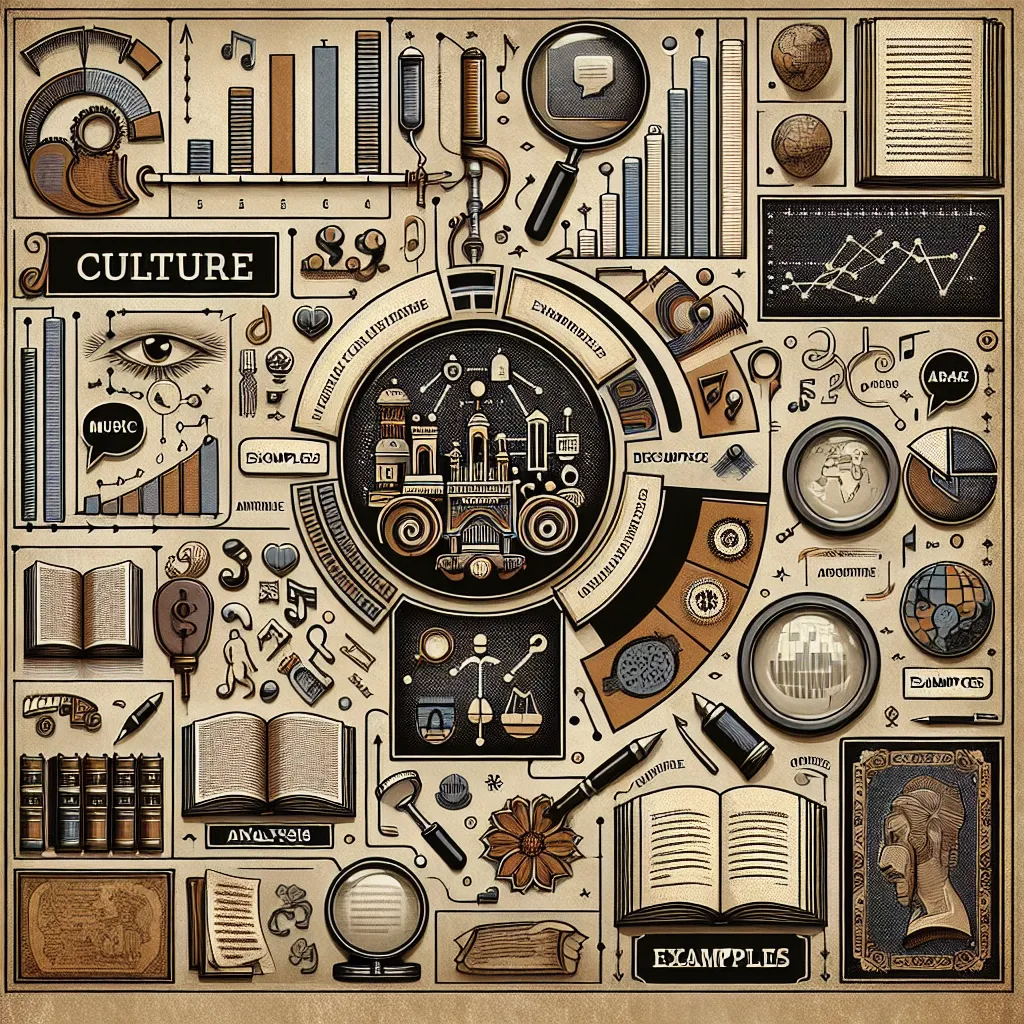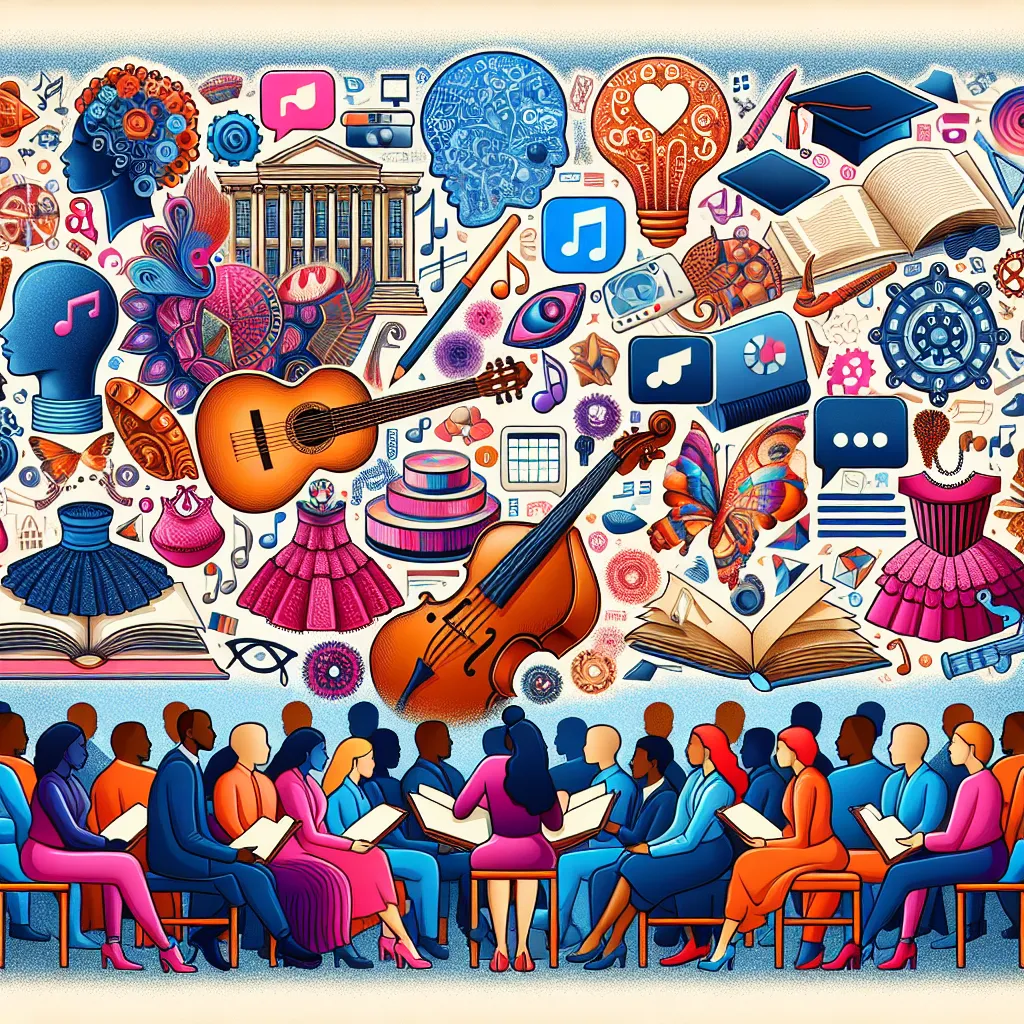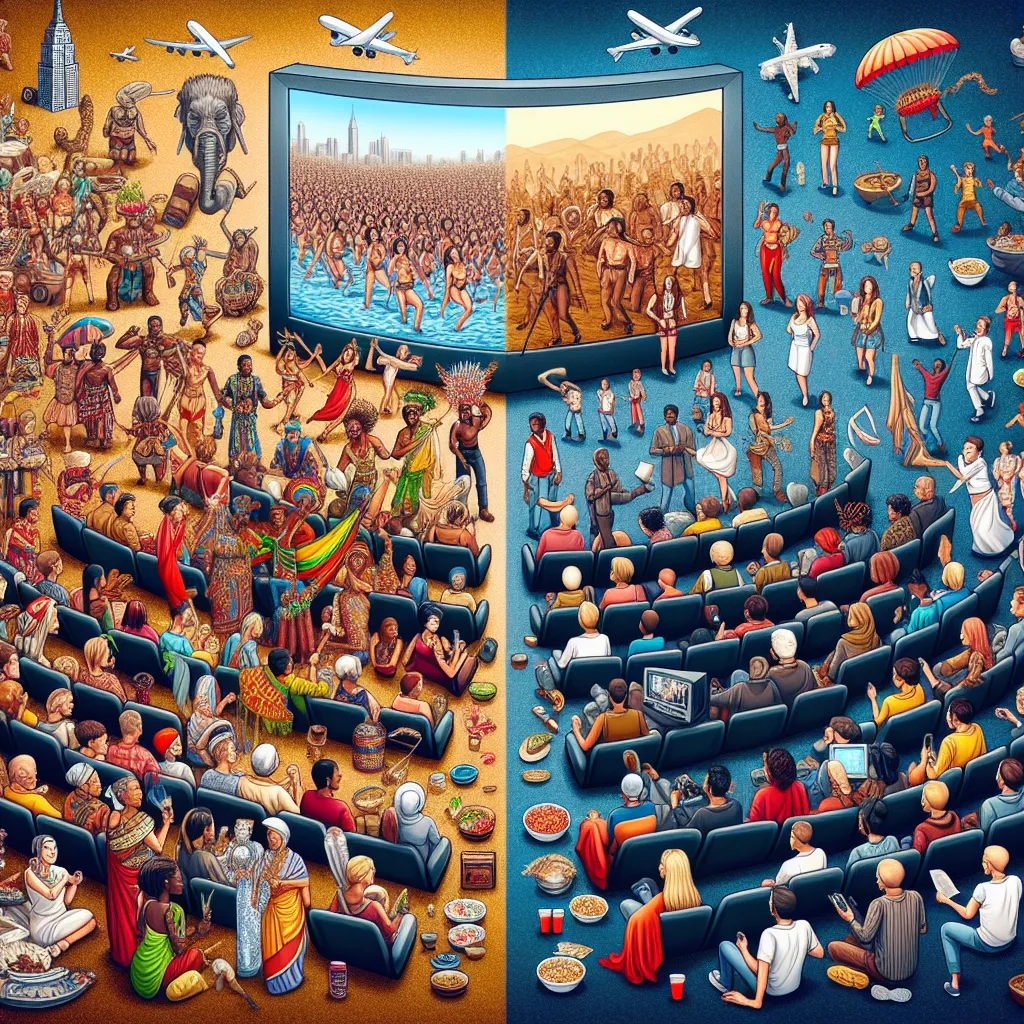Ask AI on The Internet
Question: With adequate examples, critically analyse the following definitions of popular culture. Please can you spice your essay with scholary views so that you will attain high marks. Make sure in your essay you include an introduction, a proper body and conclusion. Write a proper and long essay with good paragraphs about 3 pages please with a good reference section at the end: 1.Popular culture as all those things that people do or have done 2.Popular culture as mass culture.
### Introduction Popular culture, often abbreviated as pop culture, is a set of practices, beliefs, and objects that are dominant or prevalent in society at a given point in time. The definitions of popular culture are multifaceted and have been the subject of academic debate for decades. This essay critically analyses two definitions of popular culture: first, as all those things that people do or have done; and second, as mass culture. Each of these definitions provides a distinct perspective and has its own set of implications, strengths, and weaknesses. Scholarly views are integrated to provide a nuanced understanding of the complexity and reach of popular culture. ### Popular Culture as All Those Things That People Do or Have Done Defining popular culture as all those things that people do or have done is an inclusive and broad perspective. This definition encompasses everyday practices, rituals, habits, and activities that are prevalent among the general populace. It is less about elite, high culture and more about the lived experiences and everyday actions of ordinary people. #### Strengths This definition is democratic and non-hierarchical, centering the experiences and activities of ordinary people. It can be seen as an attempt to democratize culture, as it refuses to privilege certain cultural forms over others. Sociologist Raymond Williams’ concept of "culture as a whole way of life" (Williams, 1958) resonates with this definition, highlighting the everyday experiences that define a community or society. For example, consider the custom of drinking coffee. Across the globe, people incorporate coffee into their daily routine—whether it’s a leisurely morning ritual or a rushed necessity before work. This act falls under the scope of popular culture when defined as "all those things that people do or have done." #### Weaknesses However, this definition can be criticized for its lack of specificity. If popular culture includes virtually everything people do, its analytical utility becomes questionable. The term risks becoming overly broad, encompassing too many activities to be coherent or meaningful. ### Popular Culture as Mass Culture The second definition of popular culture as mass culture refers to those cultural products and practices that are disseminated to large audiences via mass media. This perspective often carries connotations of commodification and industrial production, suggesting a certain level of uniformity and standardization. #### Strengths This definition is more focused and easier to delineate. It allows for a critique of how culture is produced, distributed, and consumed within capitalist societies. Theodor Adorno and Max Horkheimer's notion of the "Culture Industry" (Adorno & Horkheimer, 1944) elaborates on this concept, arguing that popular culture under capitalism functions as a form of social control, promoting passive consumption and maintaining the status quo. For instance, consider the global influence of Hollywood films. These films are produced for mass consumption and are intended to have broad appeal, often shaping social norms, values, and expectations. This aligns well with the definition of popular culture as mass culture. #### Weaknesses However, this definition may be critiqued for its overtly negative view of popular culture, implying that it is always manipulative and mind-numbing. Moreover, it risks overlooking the ways in which people interact with, interpret, and even subvert mass-produced cultural products. As John Fiske argues, mass culture is not uniformly imposed upon passive consumers but is actively reworked and reinterpreted by them (Fiske, 1989). ### Comparative Analysis Comparing these two definitions reveals a tension between inclusivity and specificity, between lived experience and industrial production. The definition of popular culture as all those things that people do or have done is broad and inclusive, highlighting the everyday experiences and practices that shape society. In contrast, defining popular culture as mass culture focuses on the role of industrial production and mass media in shaping societal norms and values. Scholars like Stuart Hall further complicate these definitions by suggesting that popular culture is a site of ideological struggle, where meanings are contested and renegotiated (Hall, 1981). From this perspective, popular culture is neither wholly democratic nor entirely dominated by mass media; it is a dynamic field of cultural negotiation. ### Conclusion In conclusion, both definitions of popular culture offer valuable insights but also come with significant limitations. Defining popular culture as all those things that people do or have done emphasizes the democratic and inclusive nature of everyday practices but risks becoming overly broad and analytically weak. Defining it as mass culture provides a more focused lens for examining the industrial production and dissemination of cultural products but may be critiqued for its potentially pessimistic and deterministic view. A more comprehensive understanding of popular culture may emerge from integrating these perspectives, recognizing both the everyday practices of ordinary people and the role of mass media and industrial production. Scholarly views, from Raymond Williams to Stuart Hall, provide nuanced frameworks that capture the complexities and contradictions inherent in popular culture. ### References - Adorno, T., & Horkheimer, M. (1944). *Dialectic of Enlightenment*. Stanford University Press. - Fiske, J. (1989). *Understanding Popular Culture*. Routledge. - Hall, S. (1981). "Notes on Deconstructing 'The Popular'." In *People's History and Socialist Theory*, Parklin, R. (Ed.). Routledge. - Williams, R. (1958). *Culture and Society, 1780-1950*. Chatto & Windus.
Think your answer is better than the AI's? Post it below.
Question Tags
If you want your question answered by an AI, click here.







Post your own comment: